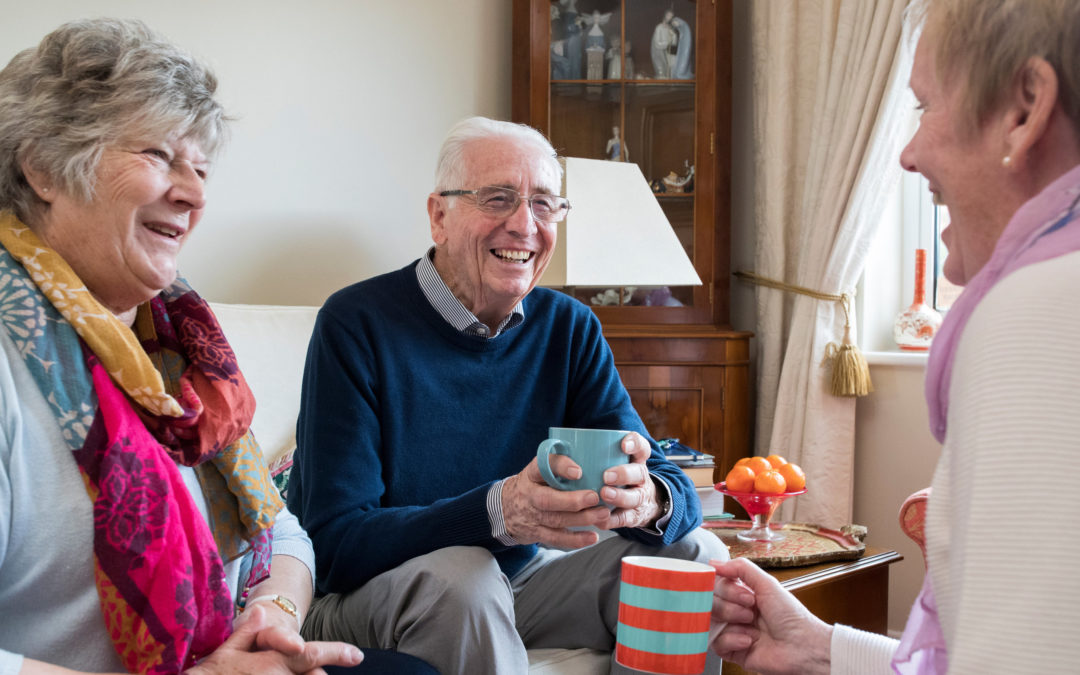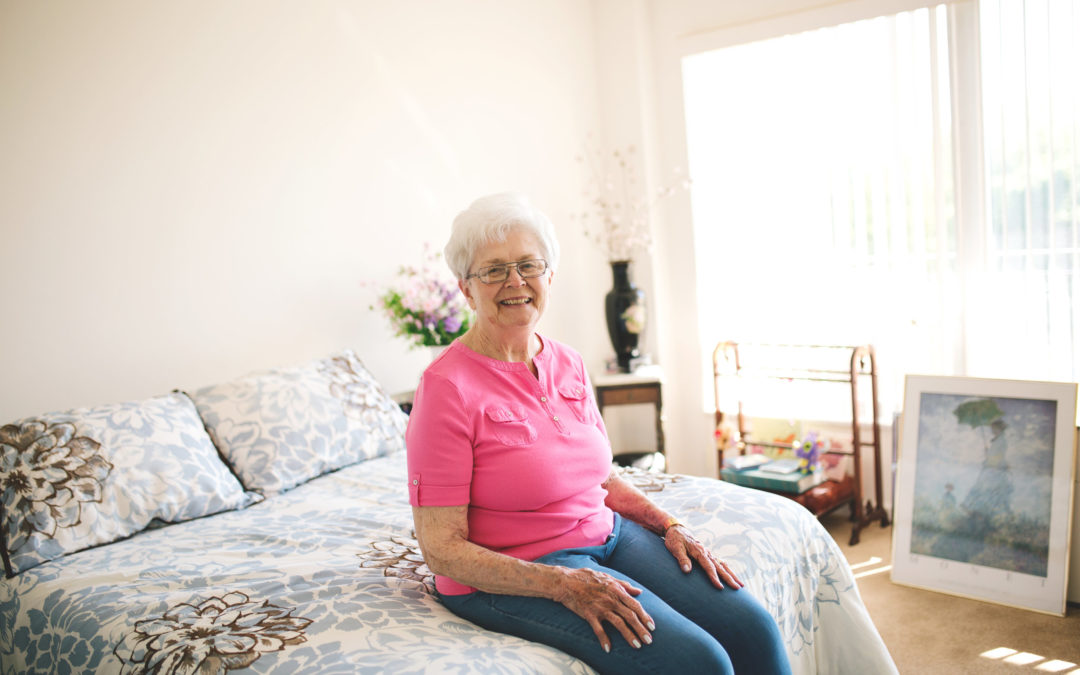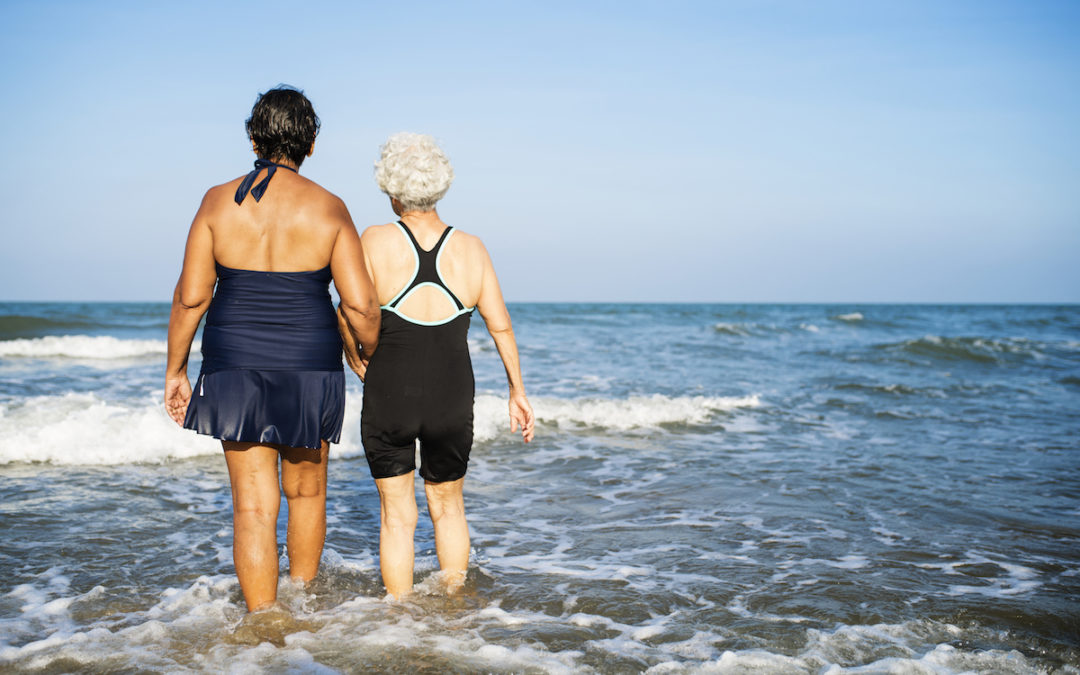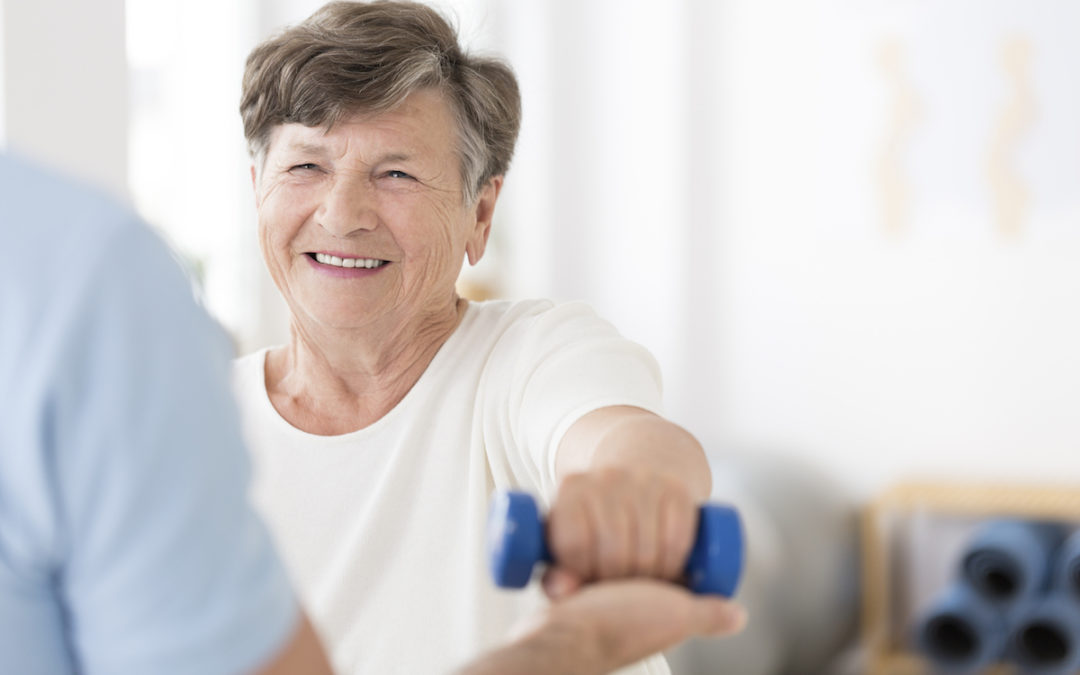
When You Should Bring Parents on an Assisted Living Visit?
WHEN YOU SHOULD BRING PARENTS ON AN ASSISTED LIVING VISIT
For more than one reason, moving one or both of your parents into an assisted living facility is never easy. On the one hand, you might very well have to convince Mom or Dad that they no longer can live in their home – that they are unable to handle day-to-day tasks such as fixing meals, bathing, cleaning the house, shoveling snow, mowing the lawn and doing home repairs.
Leaving home is an emotional journey for your parent and to overcome some of the fears or apprehensions they have, it is critical to find the right place for your parent to call home. You’ll have to consider a wide array of issues, from the quality of medical care that’s offered to meals, safety, and recreational activities. And, of course, the cost will also be a major factor.
You can find out a lot about most of these issues by visiting a variety of assisted living facilities. Should you do so by yourself or with your spouse, or should Mom and Dad go with you? The answer to that question will depend in large part on whether your parents are willing and eager to move to a place where those day-to-day tasks are taken care of for them – or if they are adamant about staying in the house that has been their home for years or even decades.
Here are the two key considerations.
1. You Don’t Need Them for Fact-Finding
An initial visit to an assisted living facility to find out about subjects such as medical care, meals and safety can be done without your parents coming along. But remember – assisted living is a patient-driven experience, and the ultimate decision often lies with Mom and Dad. Their needs must be taken into consideration, even after they move in. For example, if your parents don’t feel safe in their new home, you might have to call staff members and remind them to make sure the door to Mom or Dad’s room is locked every night. Or, if Mom or Dad isn’t eating right, you might have to ask about adjusting the menu in the dining hall.
2. You Do Need Them When Preferences are Involved
However, especially if your parents are reluctant to move to an assisted living facility, you should take them with you when you visit a senior living community so they can see what types of fun and interesting recreational activities are available. Many facilities plan activities year-round, and family members are always encouraged to attend. If your parents aren’t sure about whether they are ready to leave their home and move to an assisted living facility, a visit to a senior living community is a great way to ease their fears and clear up any misconceptions they might have about moving.
If you are looking to learn more about how assisted living can benefit your loved one, or if you would like to know more about how to choose an assisted-living community that’s right for you, visit https://nyehealthservices.com/ to learn more and find an assisted-living community near you. Nye Health Services offers independent living and assisted living options in five locations in Nebraska and Wyoming.
Nye Health Services Award-Winning Campuses & Services
Nye Health Services · 750 East 32nd Street · Fremont, Nebraska 68025 · 402.753.1400 · Privacy Policy | XML Sitemap






